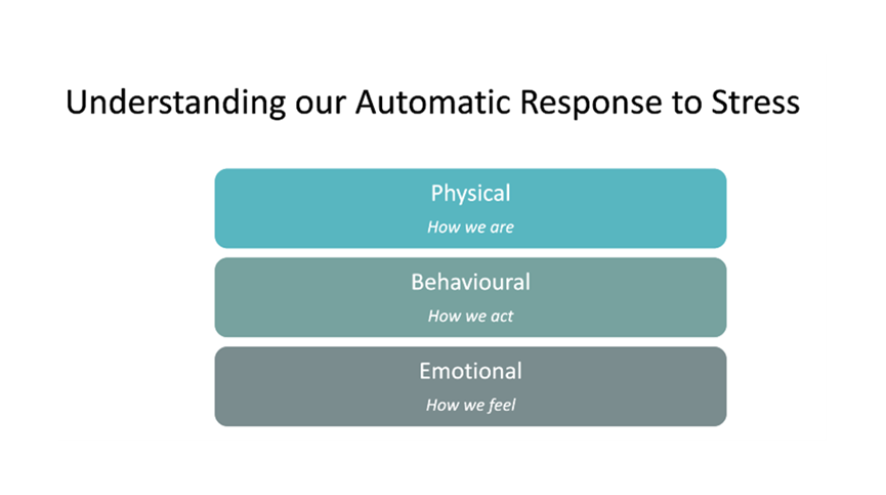Understanding Changes in Mood
Care Partner Tip

People living with dementia often experience changes in their emotional responses Changes to the brain can give them less control over their feelings and how to express them. They may also overreact to thing with rapid mood changes or feeling irritable.. Some people may appear unusually distant or uninterested in things.
We all have changes in mood. Mental Health is fluid with ups and downs, but people living with dementia their shift in mood can occur more often and feel more out of their control. Dementia also increases the risk of depression and apathy. Persons with vascular dementia in particular are at a greater risk of having difficulty with their mood.
How to help
- Encourage pleasant activities that they can still enjoy, such as short walks or outings.
- Choose flexible activities that can be changed to suit the person’s needs.
- Emphasize more on the process of doing things and not the results.
- Give praise and compliments.
- Set realistic expectations. If you expect too much from them, may feel frustrated and discouraged.
- Establish routines to help reduce confusion.
- Access education and counseling for both of you.
- Talk to the doctor about treatment options.
All behaviour has meaning in order to understand the behaviour we have to understand the person’s background, values, abilities. Changes in mood may be a sign of a need not being met.
For more strategies and tips for care partners, please contact our staff.
